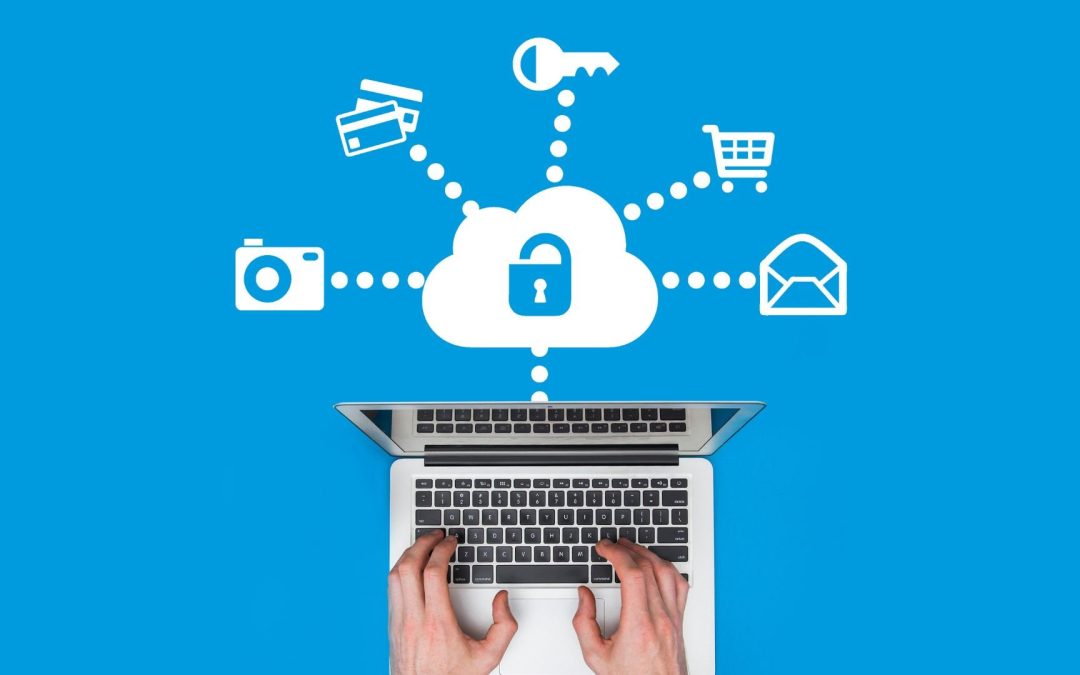Today, we’re going to be taking a closer look at a topic that often gets pushed to the sidelines and forgotten in our digital lives: encryption on laptop hard disks. It might not sound as exciting as the latest gadgets or software updates, but trust us, it’s very important – and surprisingly simple – to set up.
So, buckle up as we explore why encryption matters and how you can safeguard your data with just a few clicks!
Why does encryption even matter?
Our laptops tend to hold a treasure trove of personal and sensitive information. From work documents to those family vacay photos, our devices contain bits and pieces of our lives that we just wouldn’t want shared with the wrong people.
Now imagine the worst-case scenario and your laptop does fall into the wrong hands – we’re talking about a thief, a hacker, or just someone with ill intentions. Without encryption, all your data is laid bare, ready to be taken and exploited. Think of it like leaving your front door unlocked and just hoping no one breaks in …which we’re assuming (and hoping!) none of you would do. So, why risk it with your laptop?
I’m still not convinced about why I should encrypt my laptop?
Hopefully just the above has you rushing to encrypt your laptop data, but if you still need a little more convincing, here’s why you should:
It’s free!
One of the best arguments for encrypting your laptop hard disk is that it’s a basic need and it won’t cost you a single penny. Surely you can’t say no to that? Many operating systems come equipped with built-in encryption tools that require minimal configuration so it’s a no-brainer step towards keeping your data safe.
It makes unauthorised access harder
Of course, encryption isn’t totally bulletproof, but it certainly adds layers of complexity for anyone attempting to access your data without permission. While a skilled individual might remove the hard disk and attempt to access it on another machine, encryption ties the data to the original device.
Compliance requirements
If you use your laptop for business as well, in many industries, such as healthcare, finance, and government, there are actually legal and regulatory requirements surrounding the protection of data. Encrypting your laptop is one easy way of helping to make sure you’re complying; plus, it gives your clients peace of mind too!
Okay, you’ve convinced me, but how do I encrypt my laptop’s hard disk?
Now you understand the importance of encryption, it leads into the question of exactly how you do it. Whilst the exact set up varies from device to device, we’ve put together a few pointers on getting started:
Check built-in encryption tools
Most modern operating systems such as Windows and macOS come with built-in encryption features. Head over to your system settings and look for options related to device security or encryption – it should prompt you with instructions there.
Enable BitLocker (Windows) or FileVault (macOS)
These are the native encryption tools for Windows and macOS, respectively. Follow the on-screen instructions to activate encryption and create a strong passphrase to unlock your encrypted disk.
Consider third-party solutions
If you’re using a different operating system or want more advanced encryption features, consider third-party encryption software like VeraCrypt. These tools offer additional customisation options and may be better suited for specific security needs.
Regularly back-up your data
Encryption adds an extra layer of security, but it’s not foolproof. Always maintain regular backups of your important files to ensure you can recover them in case of any unforeseen incidents.
Need some help with your IT? Contact us today to find out about our range of IT services!

